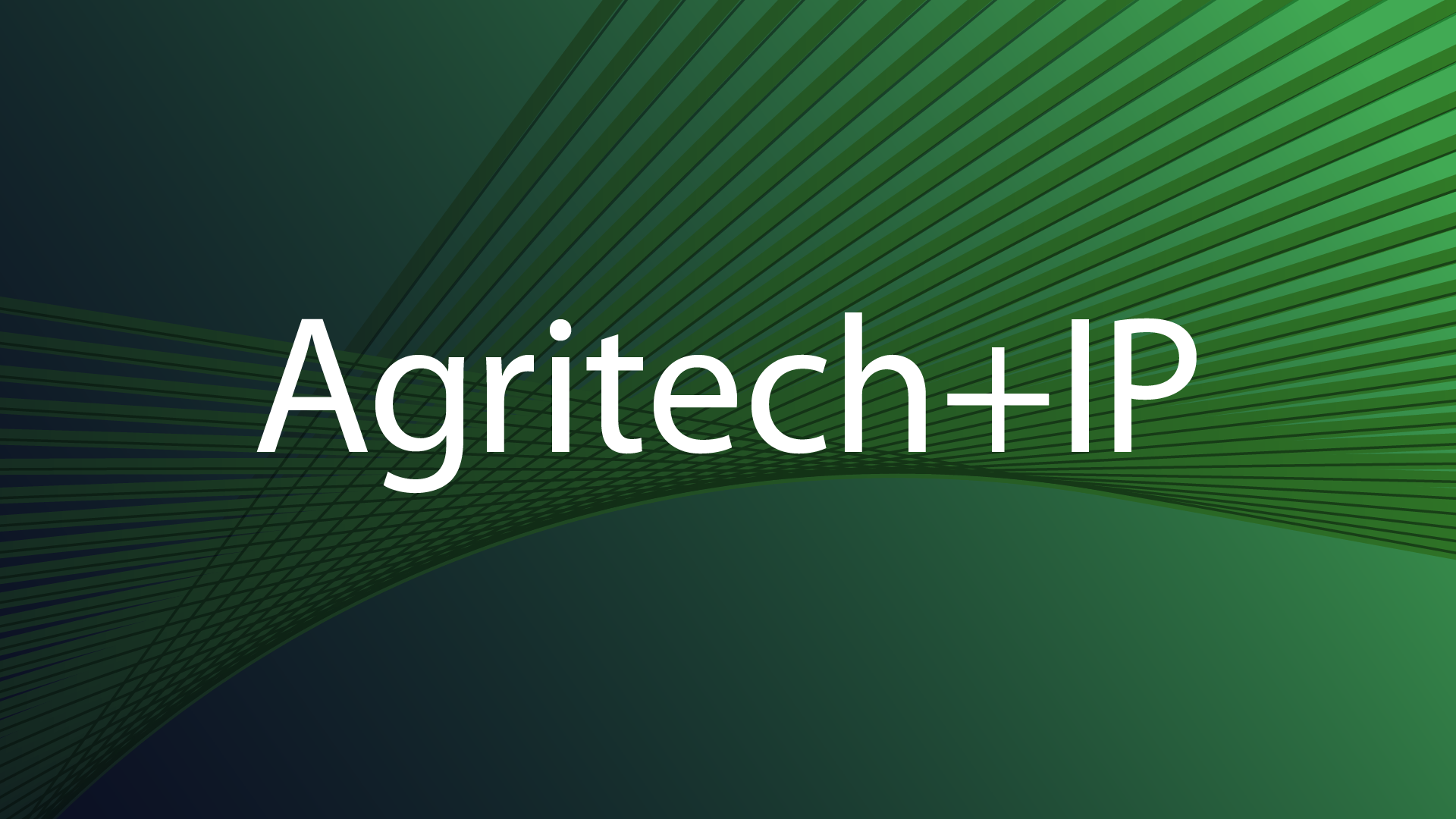Retail Scanner
NFTs – what are they and what do they mean for retailers and their IP?
March 2022
What are NFTs?
Non-fungible tokens (NFTs) are digital tokens stored on the blockchain. In contrast to bitcoin and other cryptocurrencies, NFTs are often compared to art works or trading cards. In the same way you couldn’t trade one baseball or Pokémon card for another – it wouldn’t be exactly the same and one may be considered to be more valuable than the other – NFTs are unique digital tokens with varying value.
NFTs are created using blockchain. The creator of digital content must first add the digital file to the blockchain, known as “minting”. Once the file has been minted, it can be made available for sale, purchased and traded on the marketplace, with any transfers of ownership tracked and recorded on the blockchain. The purchaser of an NFT buys the original and unique digital file, whether that be an image of a cat, a video or GIF, or even a Tweet.
Buyer beware
Despite the element of scarcity or uniqueness created by minting, NFTs can still be reproduced by others online. Others can still view, copy and download a copy of the digital file. Additionally, the copyright isn’t typically transferred to the purchaser of the NFT. It remains with the creator unless agreed otherwise.
So what are NFT purchasers actually buying? One thing that can’t be copied, ownership of the original digital file. Like owning an original Monet or Lowry, NFT owners have the prestige of owning the original digital file and many are willing to pay large sums for such a privilege. Last year, an NFT by artist Mike Winkelmann (aka “Beeple”) sold for $69.3 million!
Buyer beware also bites in relation to regulation. NFTs are not caught explicitly by the Markets in Crypto-Assets Regulation (MiCAR) even though they exhibit characteristics of other investment units, and the financial risks involved, especially with high value NFTs may not always be straightforward.
Another product to sell?
For retailers, NFTs could be considered as another way of diversifying their offering to consumers and tapping in to new or lagging markets. NFTs are reportedly more popular with males and millennials, so could offer a way to further engage with consumers in these groups.
Brands such as BoohooMan have created their own range of NFTs and offer these for sale on NFT marketplace OpenSea. In December 2021, Nike purchased virtual sneaker company RTFKT presumably with the aim of getting on the NFT ladder. Whilst last year, Dolce and Gabanna sold a nine piece collection of NFTs at auction alongside actual couture items for $5.7 million.
IP considerations and implications
So if the copyright in the work contained within the NFT stays with the creator (or the brand owner/retailer for the purpose of this discussion), what’s the catch? Brands can get creative, engage with their customers and profit in the process.
Before stepping in to the NFT market though, retailers should consider whether they have adequate protection in this space. Trade mark protection for any names and logos in relation to digital and downloadable goods in class 9 is advisable. Prints and icons that are expected to be widely used both digitally and IRL could also benefit from registered design protection.
In addition, NFTs have created another way in which brands and designers can collaborate. For example, Adidas and Prada are working together on an NFT range and Gucci has had success collaborating with artist Trevor Andrew with the popular “Gucci Ghost” NFT. Having a suitable agreement which addressed IP and its ownership in place in such partnerships goes without saying but what can retailers do when elements of their branding are included in NFTs without their permission? Indeed, before Gucci and Andrew officially joined forces, Andrew is quoted as saying “I am going to do this until [Gucci] either sue me or hire me.” A bold approach but not all brands will want to pair with all artists reproducing or adapting their branding in NFTs.
One of the biggest NFT marketplaces, OpenSea, does have an IP take down system similar to that seen on social media platforms and online marketplaces selling physical goods. OpenSea unreservedly states on its website that infringing another party’s intellectual property rights, be that copyright, trade marks or publicity rights (applicable in territories like the US), within an NFT violates its Terms of Service. A promising start but it seems again down to retailers and their legal teams to police these new marketplaces, with the marketplaces themselves having very limited liability.
As of yet, there are limited examples of how IP law is applied in relation to NFTs but for now it seems as though the fundamental legal principles are flexing to fit within this new field, as are many retailers when developing their digital strategies.
Pending contentious matters
French luxury group Hermés has filed proceedings in the USA against an American artist, Mason Rothschild, for his digital art depicting “MetaBirkins”, based on Hermés well-know “BIRKIN” bags (see our related article exploring this in more depth).
Hermés are not the only parties commencing litigation around NFTs. Nike has also filed proceedings against reseller StockX for selling NFT receipts of limited-edition Nike sneakers and including an image of the sneakers themselves.
Another platform, Hitpiece is also facing legal actions with several artists claiming they have had their music auctioned off as NFTs without knowledge or permission.
Whilst not an IP case specifically, the first set of proceedings in the UK concerning NFTs has been filed by Amira Soleymani against marketplace Nifty Gateway, regarding his placing in a ranked auction for NFT items.
NFTs appear to remain a hot topic and these cases are going to be just the tip of the iceberg.
This article was prepared by HGF Trade Mark Director Lauren Somers.































